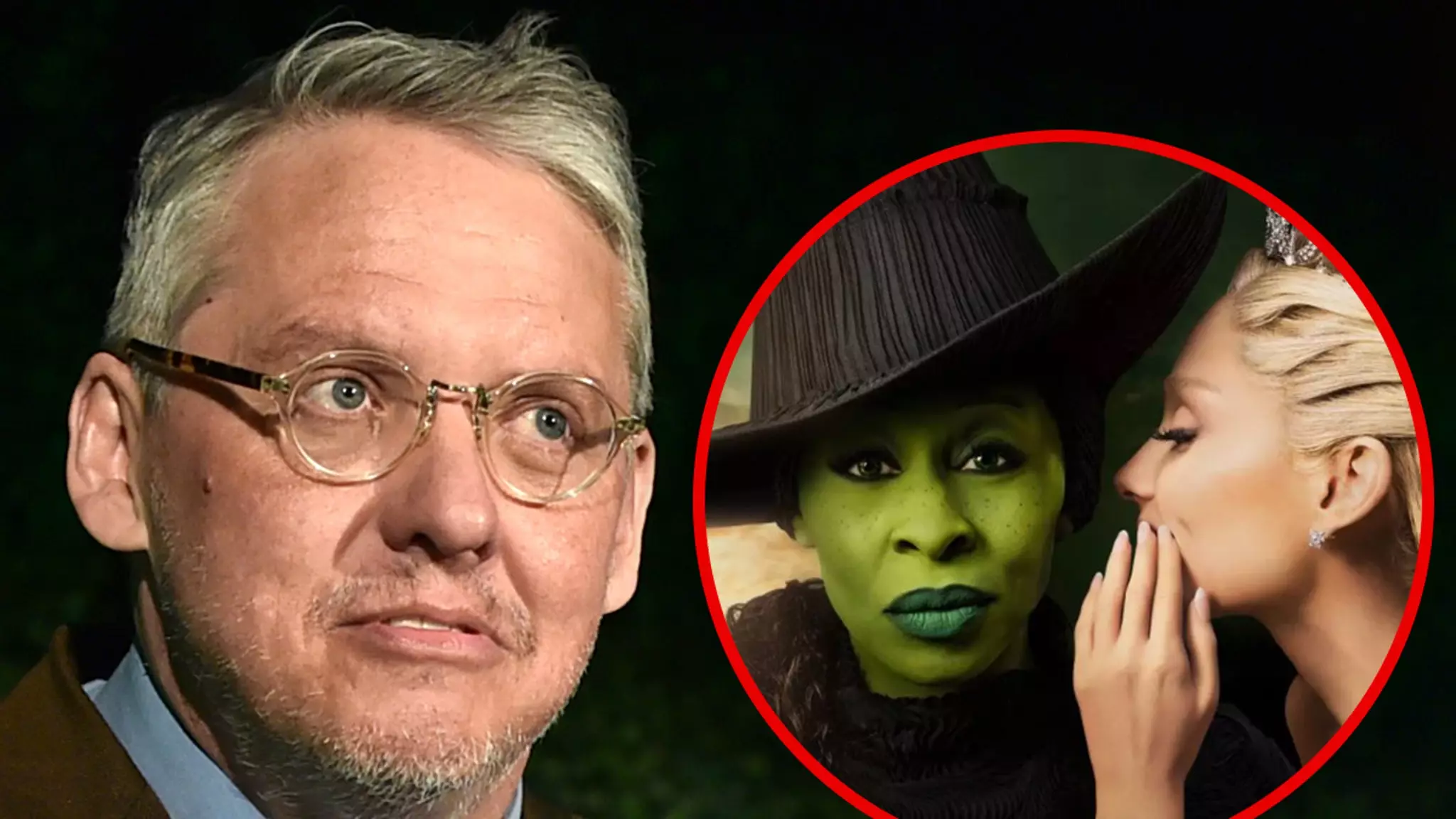Adam McKay, the acclaimed director and writer behind notable films like “The Big Short” and “Vice,” recently stirred the pot regarding the upcoming “Wicked” movie adaptation. By expressing his concerns about potential political censorship, McKay highlights an unsettling trend that should demand the attention of film enthusiasts and society at large. He categorizes “Wicked” as potentially one of the most radical mainstream films ever, critiquing not just its content but also the broader political context that may lead to attempts at censorship. His assertion that the film’s themes of radicalization amid political oppression might put it in the crosshairs of ideologically driven campaigns indicates a serious plight facing creative expression.
McKay draws parallels between “Wicked” and other classic films that have tackled challenging societal norms and issues, including titles like “Citizen Kane” and “The Sound of Music.” Such comparisons illustrate how cinema can serve as a vehicle for social critique, often at great risk to its creators. McKay’s reference to these significant works sheds light not only on the historical battles against censorship but also suggests that “Wicked” is embedded within that long-standing tradition of using art to protest against societal flaws such as racism and discrimination. The nuanced character of Elphaba, known colloquially as the Wicked Witch, offers a potent symbol of societal marginalization, which, according to McKay, could provoke backlash and attempts to silence the narrative.
In making his bold prediction that “Wicked” might face bans within a decade, McKay mirrors the growing concerns of many artists who feel that political climates are increasingly hostile to progressive messages. The dismissal of his concerns by some online commentators reveals the disconnect that exists between political engagement and mainstream entertainment. While many people may feel secure in the belief that a popular musical would never face censorship, McKay’s caution urges a reevaluation of that optimism. As increasing polarization affects various spheres of life, the potential for backlash against films with perceived “woke” messages becomes more possible.
The reaction to McKay’s remarks showcases a society grappling with its values. Many are incredulous that any film could be subjected to critical scrutiny or censorship, yet a quick look back at recent history shows waves of cultural pushback against content that challenges established norms. The recent criticism of a British film board for its labeling a film as “woke” reflects a broader atmosphere of contention regarding artistic expression.
Films like “Wicked,” capable of grossing massive sums—nearly $600 million in international box office receipts—demonstrate that audiences are often hungry for narratives that reflect complex social issues. As the second part of the film is set to premiere next year, it will be essential to monitor how ongoing political dialogues evolve and, crucially, how they may impact filmmakers’ freedoms to express audacious ideas. McKay’s preemptive critique serves as a call to action: to recognize the potential fragility of this creative expression in an increasingly contentious political landscape.

